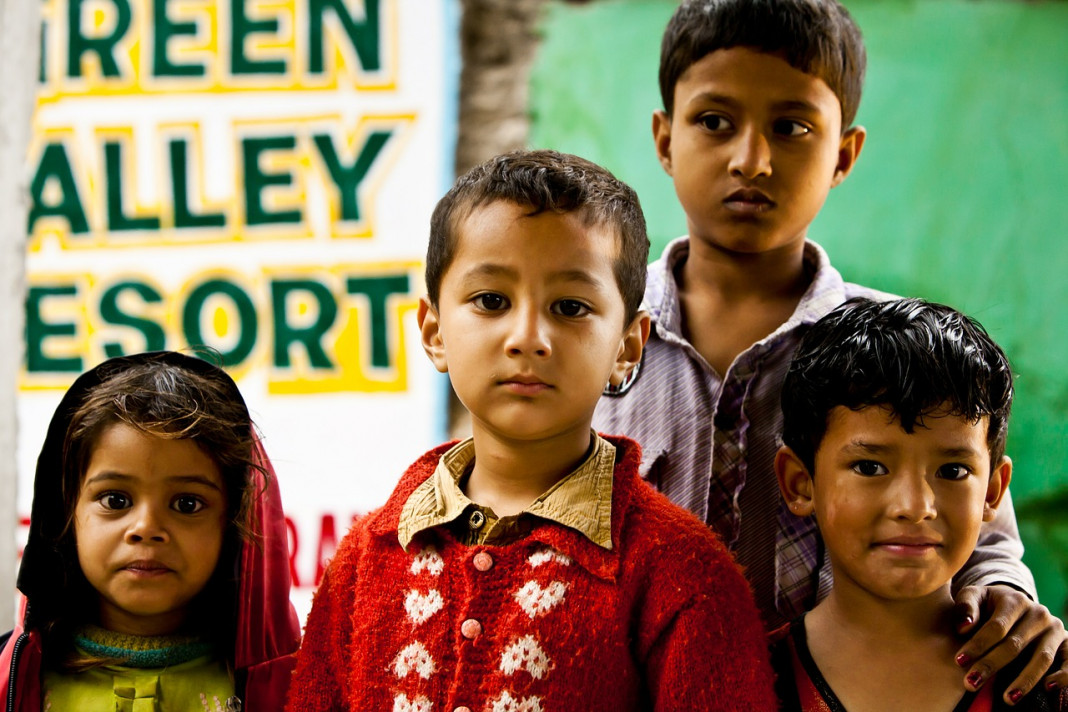UNITED NATIONS — At least 250 million of the world’s 650 million primary school age children are unable to read, write or do basic mathematics, according to a report Wednesday commissioned by the U.N. education agency.
The report found that 130 million are in primary school but have not achieved the minimum benchmarks for learning, and almost 120 million have spent little or no time in a classroom including 57 million youngsters who are not attending school.
The independent research team that wrote the report for UNESCO, the U.N. Educational, Scientific and Cultural Organization, calculated that the cost of 250 million children around the world not learning translates to a loss for governments of around $129 billion annually.
UNESCO’s U.N. representative Vibeke Jensen said this global «learning crisis» is mainly caused by a lack of well-trained teachers, especially in impoverished areas.
«While more children are in school, it’s been at the cost of quality,» she said at a news conference launching the report. «The issue now is to put the focus on quality.»
In a third of countries analyzed by the team, less than 75 percent of the primary school teachers had been trained to meet national standards.
«Teachers have the future of this generation in their hands,» UNESCO’s Director-General Irina Bokova said in a statement. «We need 5.2 million teachers to be recruited by 2015, and we need to work harder to support them in providing children with their right to a universal, free and quality education.»
The report said that ensuring an equal, quality education can increase a country’s gross domestic product per capita by 23 percent over 40 years.
But according to the report, almost half the children out of school globally are expected never to make it into a classroom — and that includes almost two-thirds of girls in Arab states and sub-Saharan Africa.
The research team reported that almost half the world’s out-of-school population of 57 million live in conflict-affected areas, up from 42 percent in 2008.
It estimated that 14 countries had more than one million children out of school in 2011 including Afghanistan, China, Congo, Somalia, Sudan before its break-up, and Tanzania.
On the plus side, it said three countries reduced their out-of-school populations by at least 85 percent in the last five years — Laos, Rwanda and Vietnam.
World leaders set a goal in 2000 of giving every child a primary school education by 2015 but the report said it is «likely to be missed by a wide margin.»
Sub-Saharan Africa is the region lagging farthest behind.
The researchers forecast that if recent trends in the region continue, the richest boys will achieve the goal of completing primary education in 2021 but the poorest girls will not catch up until 2086.






















